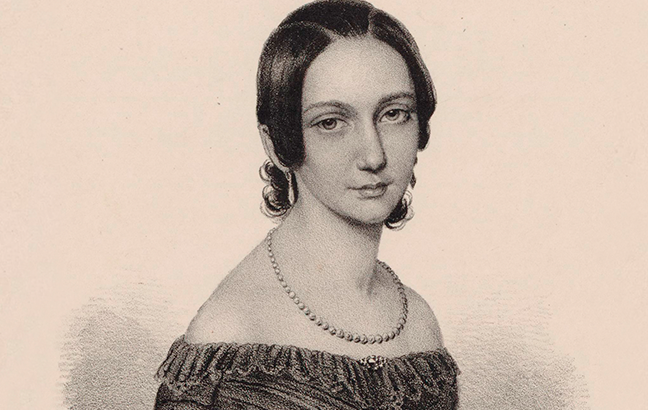
The Story Behind Schumann’s Piano Concerto Op. 7
Clara Schumann, one of the most extraordinary pianists and composers of the Romantic era, crafted her Piano Concerto in A Minor, Op. 7 at a[…]
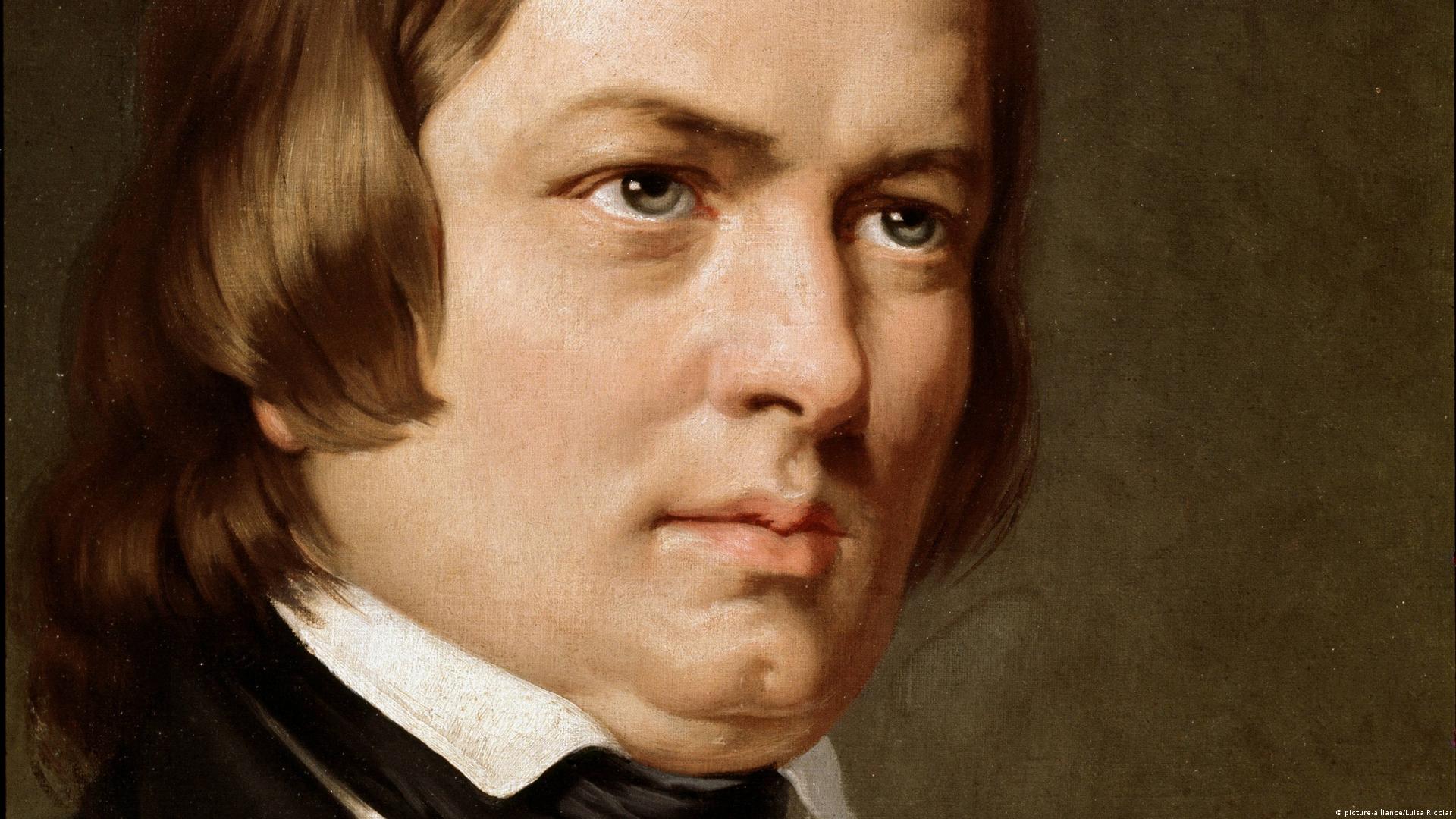
The Story Behind Schumann’s Carnaval
Carnaval, Op. 9, is one of Robert Schumann’s most celebrated and imaginative works for solo piano. Composed in 1834–1835, this suite of 21 short character[…]

Top 10 Schumann Songs
Robert Schumann (1810–1856) remains one of the most influential composers of the Romantic era. His music, known for its emotional depth and innovative structures, continues[…]

The hard life of Clara Schumann – Biography
Clara Schumann, born Clara Josephine Wieck on September 13, 1819, in Leipzig, Germany, was a remarkable pianist and composer who left an indelible mark on[…]

The Magnificent Melodies: Unveiling Robert Schumann’s 10 Best Compositions
Robert Schumann, a renowned German composer, left an indelible mark on the world of classical music with his exceptional talent and innovative compositions. Throughout his[…]
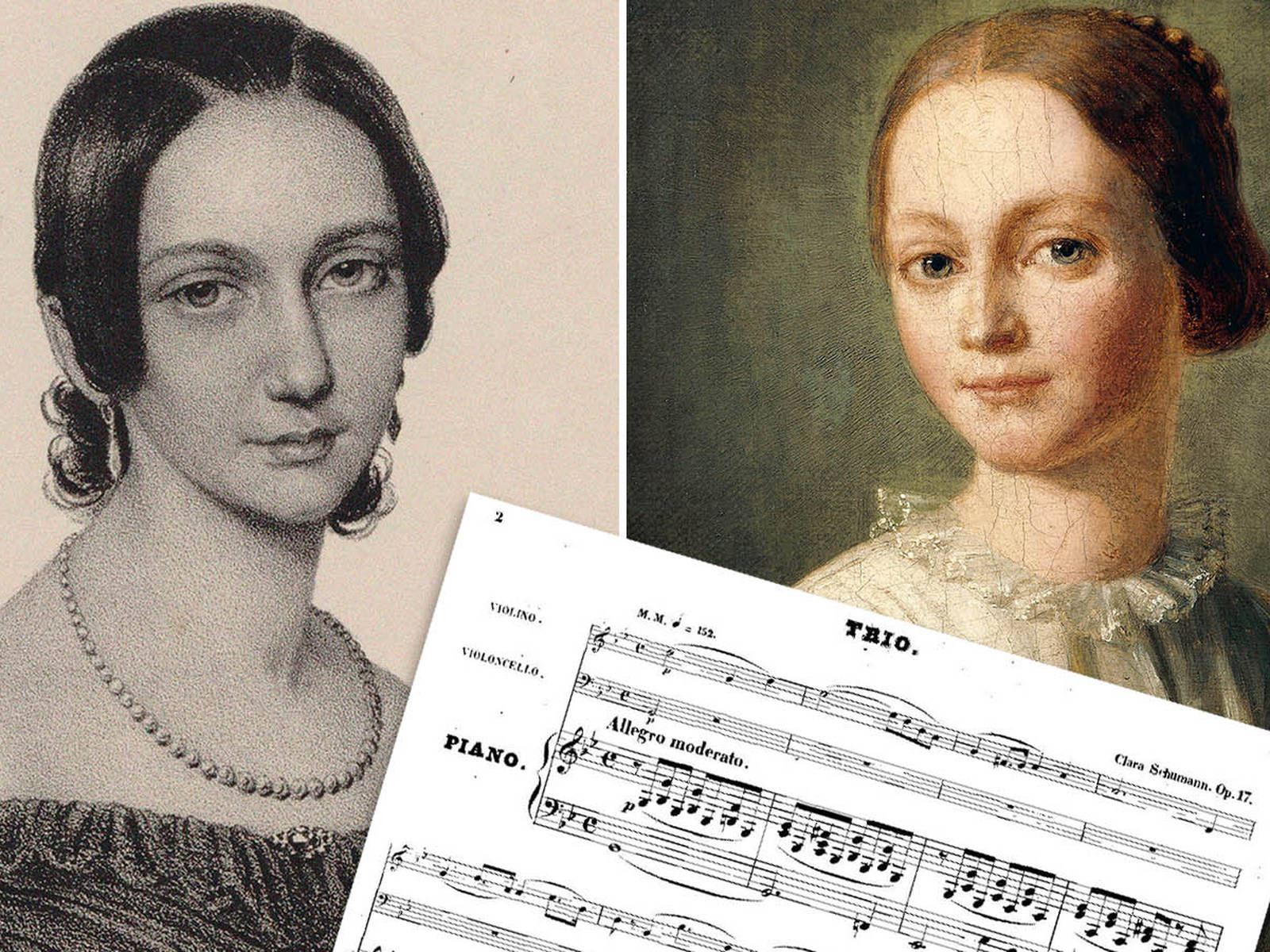
Celebrating Clara Schumann: Unveiling Her 10 Masterful Compositions
Clara Schumann, an exceptional figure of the Romantic era, was not only renowned as a virtuoso pianist but also left an indelible mark as a[…]

Unveiling the Enchanting Melodies: 7 Curiosities about Composer Clara Schumann
Clara Schumann, a name that resonates with elegance and musical brilliance, was not just a mere composer. She was a remarkable pianist and a trailblazer[…]

Celebrating the Musical Legacy of Clara Schumann: 7 Timeless Masterpieces
Clara Schumann, a remarkable composer of the Romantic era, left an indelible mark on the world of classical music. With her immense talent and pioneering[…]
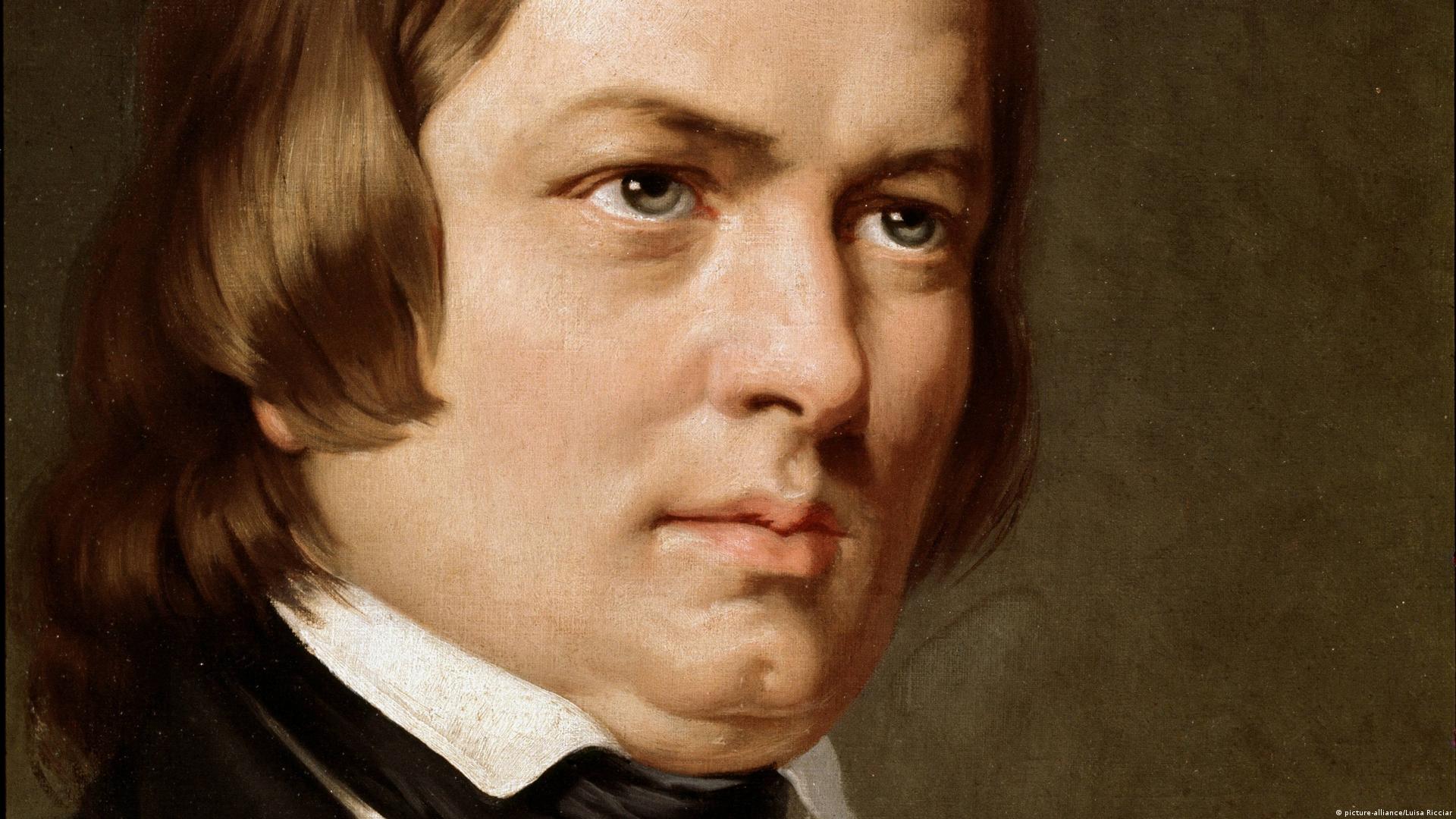
Melodic Masterpieces: The 7 Best Songs by Composer Robert Schumann
Robert Schumann, a renowned 19th-century German composer, was a true master of melodic expression. His compositions captured the essence of Romanticism and left an indelible[…]
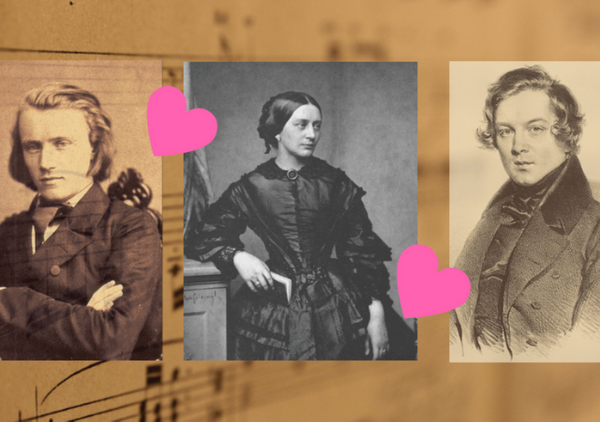
The Love Triangle Between Clara Schumann, Robert and Brahms
Clara Schumann, Robert Schumann, and Johannes Brahms are three of the most celebrated composers and pianists of the 19th century. Their musical talents and achievements[…]